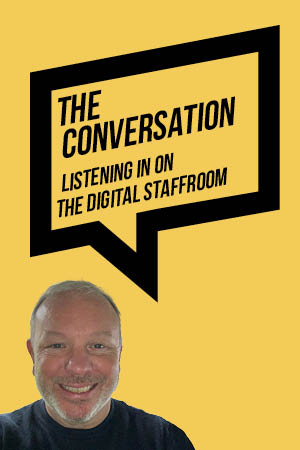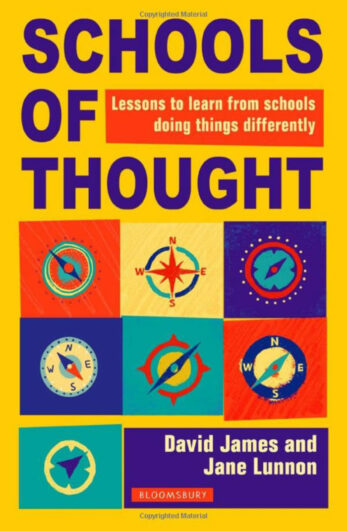Publisher
John Catt Educational
ISBN 10
1913622978
Published
24 Jan 2022
It almost goes without saying that teaching needs an image make-over. Although every so often there’s a heart-warming story (or a cheesy television advert) about the difference a good teacher can make, the overwhelming narrative is pretty negative. This book gives a very good account of why that might be.
It is divided into three parts, and the first section explains the sources of teaching’s image problem, while the second part describes where we want to end up, and the final section purports to indicate how to get there.
The first section is excellent. It takes all of the common myths about teaching, such as low starting salaries, poor career prospects and lots of time off in the form of holidays, and explains why they are wrong, or at least how the reality is rather more nuanced.
Take the long holidays, for example. Most teachers are flat on their backs after six weeks of standing, walking and having hundreds of interactions day in and day out – and they still work during the break in order to be ready for the school’s return. Those are the aspects that not many people see, so as the authors rightly point out, a large source of the image problem is one of perception.
The popular view that teaching offers limited career prospects is a case in point: you start as a teacher, and end up as a headteacher. That’s it. Except that it isn’t. Teachers can specialise in a number of areas, and there are plenty of paths they can take as they become more experienced.
The general reader can’t enact any of the suggestions made in part three
Part two is, like the curate’s egg, excellent in parts. In particular, the chapter on the difference a teacher can make to a child’s life is a good reminder of why many of us went into teaching in the first place. This, along with the myth-busting in part one, really ought to be a key ingredient of the Department for Education’s seemingly never-ending quest to recruit – and retain – new teachers.
Teach First is also examined, noting its good points in terms of making teaching an attractive profession to new graduates. It’s an honest appraisal, dealing with its main downside, hinted at by its very name, that teaching is something you can do before going on to your real career.
The chapter promoting teaching as an academic pursuit has its good points, but is decidedly shaky in a couple of aspects. For example, it mentions the prominence of neuroscience in teacher training courses. Then the book references, without actually naming it, cognitive load theory: “Given the incredibly limited capacity of your working memory…”. Now, the authors explicitly state at the beginning of the book that this is no academic tome, but come on! What on earth counts as “incredibly limited”? Cognitive load theory, despite its promotion by some educationalists, is based on limited evidence and even less common sense.
Perhaps this is a good time to note the problems with the book. The first one occurs before the very first chapter, on a page in which several people give their positive views of the book. One of these is Kenneth Baker, whose tenure as education secretary saw, in the words of Brighouse and Waters, the greatest centralisation of education outside North Korea. This does not come across as a display of faith in teaching as a profession, so his endorsement is rather unexpected.
Perhaps more importantly: who is going to encourage teachers to blog? And who would read those blogs anyway, besides other teachers? Who is going to make teaching a recognised profession, complete with a distinctive logo?
The target audience for the book is the “general reader”, which is fine except for the fact that the general reader can’t enact any of the suggestions made in part three. The authors should have stopped at the end of section two and quit while they were ahead.
Part three is good, but it’s little more than a salve for a profession that should be more respected – and would be, for want of solidarity in its ranks and a less combative form of political leadership from all parties.








Your thoughts